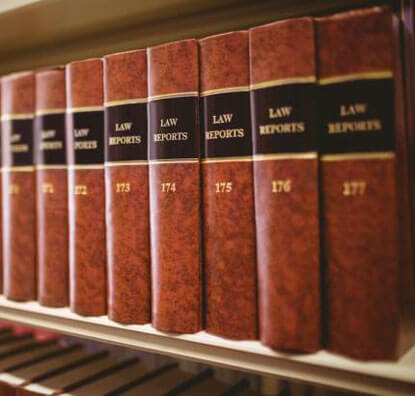
In its filing, Apple revealed explosive details of a meeting between Apple CEO Tim Cook and Greenlight’s Einhorn, during which Einhorn vehemently opposed the idea of removing an existing provision “Proposal No.2” that currently allows the issuance of preferred shares at the sole discretion of the company, without requiring the approval of shareholders.
According to Apple, Einhorn wanted the company’s sole discretion in the matter to stay and override shareholder opinions, while, apparently, Apple wanted to remove the debacle.
According to the filing, Einhorn “viewed requiring shareholder approval for his … proposal as a ‘roadblock that was not needed,” and that “He said that he wanted to ‘take the risk away’ of a shareholder vote and asked ‘why make it harder?’”
The filing was made by Apple’s Chief Financial Officer Peter Oppenheimer.
In the declaration, Oppenheimer also added, “We told Mr. Einhorn that Apple was considering his proposal, but the Board would not issue his proposed perpetual preferred shares without shareholder approval.”
Apparently, as part of its strategy to send more of Apple’s cash hoard to the coffers of investors, Einhorn wanted Apple to issue perpetual preferred stock with a 4 percent dividend to existing shareholders.
This is the reason why Greenlight wanted to block shareholders voting on Proposal 2 and allowing the company to divest itself of the power it still possesses to issue preferred shares to existing investors.
The Proposal No.2 also seeks majority voting for directors by amending the company’s articles of incorporation.
In its lawsuit, Greenlight accused Apple of bundling three different proxy proposals into one, and thus violating SEC rules.
However, Apple said in its motion, “Bundling occurs when discrete, material proposals are combined in a manner that puts shareholders to an unfair choice … That is not the case here.”
Apple also submitted that the Proposal No.2 had been made in response to a report by Institutional Shareholder Services, which had observed that the “blank check” of issuing preferred shares without shareholder approval could be abused as the defense for a takeover.
The case is Greenlight Capital LP, et al., v. Apple Inc., U.S. District Court, Southern District of New York, 13-900.











































